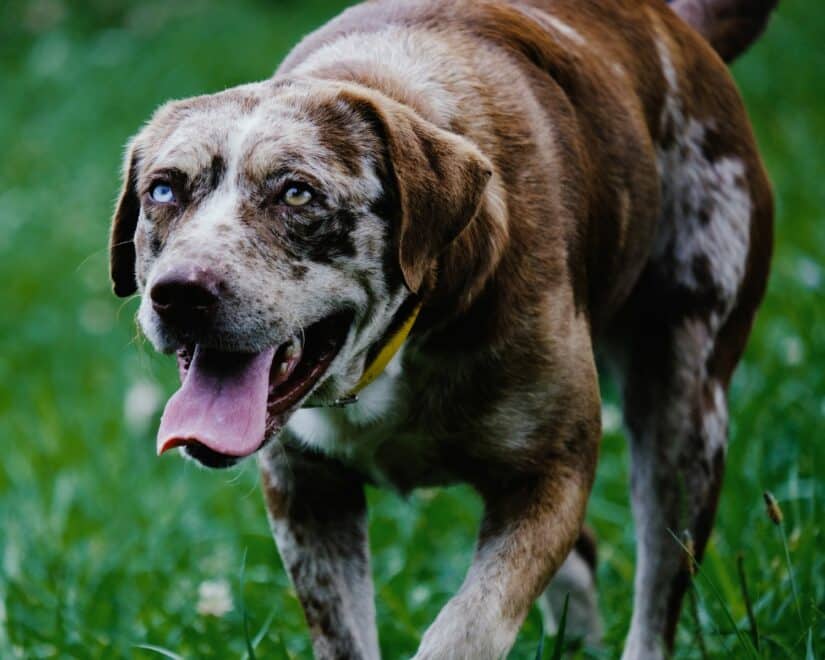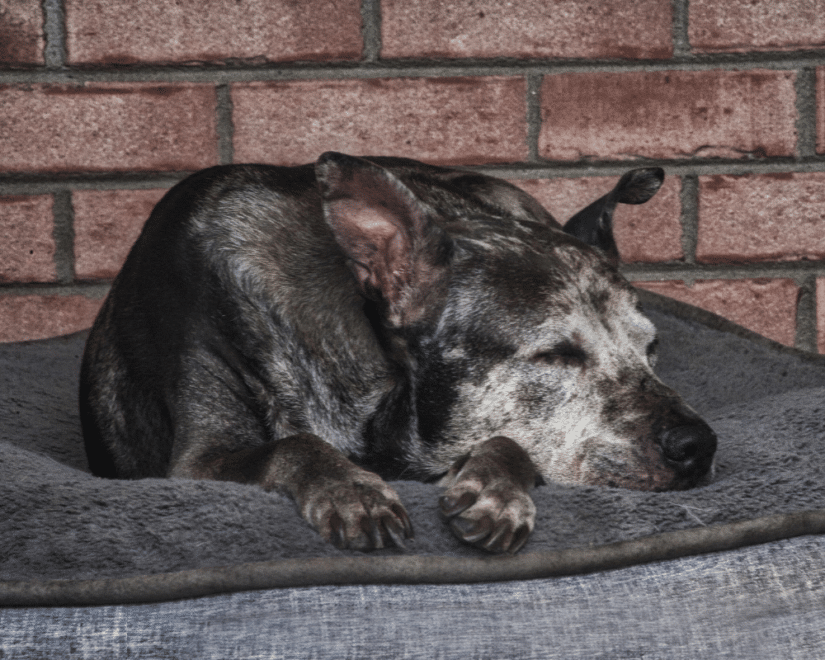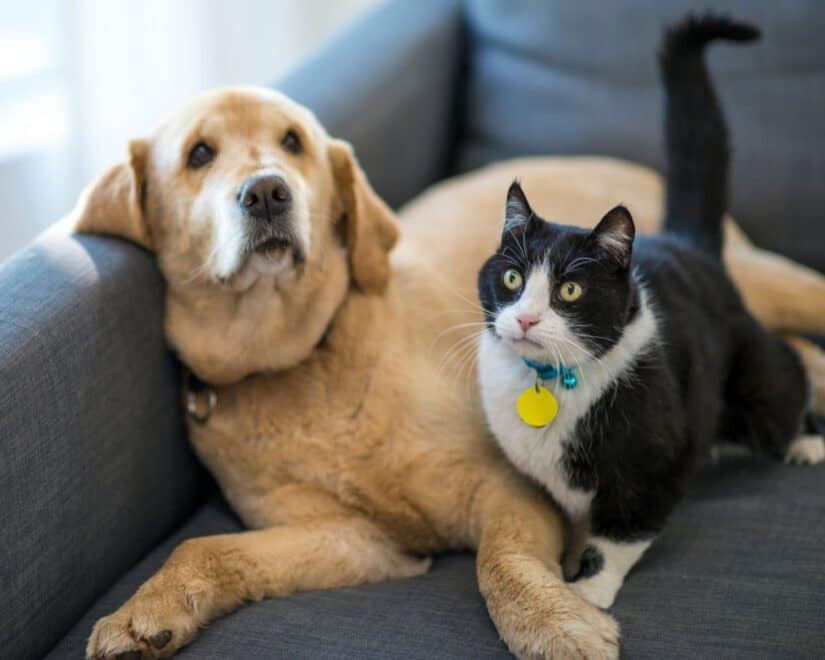The Key to Aging Well
We often wonder what we can do to help our aging furry friends stay healthy and happy. The keys to aging well for senior pets are no secret: a good diet, exercise, and mental stimulation, including social interaction, all play a crucial role in their well-being. The age at which dogs enter their golden years is influenced by factors like breed, size, and environment. Although most pets are considered seniors at around seven years old, the age range can vary from 5-10 years. Smaller breeds and mixes tend to live longer than larger dogs. So, how can we improve the quality of life for our senior pets through exercise and enrichment?
Health Conditions Affecting Exercise
Before starting any new exercise program with your senior dog, it’s essential to have a veterinary assessment including bloodwork, thyroid screening, urinalysis, and fecal testing, to ensure they receive the best diet and exercise recommendations. Your vet can also suggest charts to monitor your dog’s body condition, muscle mass, and pain scale at home. Changes in these scores may indicate a need to adjust your dog’s exercise routine. Keep an eye out for weight gain, loss of muscle mass, limping, soreness, joint sensitivity, fatigue, licking of joints, or slow movement, as these can indicate pain and soreness. As pets age, they may develop health conditions that affect their ability to exercise. These conditions include anemia, collapsing trachea, laryngeal paralysis, and osteoarthritis. These conditions can make it difficult for your pet to get the oxygen needed for exercise, cause joint pain, and reduce stamina.
Tips for Safe and Effective Exercise
Once your veterinarian has given the green light to a new exercise routine, it’s important to gradually increase the intensity and duration and make sure to take plenty of water and rest breaks. To ensure your senior dog can safely participate in physical activities, consider using ramps instead of stairs, providing soft bedding, and walking or running on grassy surfaces. Since older pets are at a higher risk of injury and may be less adaptable, it’s best to avoid abrupt movements, tug-of-war games if they have oral pain, or exercising in extreme temperatures. Additionally, warming up with a light walk or jog and cooling down for 5-10 minutes can be helpful. Muscle massage and passive range of motion exercises can keep your senior dog limber and reduce lactic acid buildup, which can speed up recovery time.
Adapting Canine Sports
With proper conditioning, your senior dog can still participate in exercises and sports they’ve always enjoyed, including walking, running, hiking, and swimming. Swimming, in particular, is a great low-impact exercise option. However, seasonal activities may require extra pre-season training to re-establish muscle strength and stamina, so allow 6-8 weeks for conditioning. A sports and rehab vet can recommend specific exercises tailored to your pet’s needs, like balance board work or underwater treadmill therapy. Many canine sports have senior dog offerings modified for their abilities, such as shorter distances in lure coursing or lower jump heights and broader spacing in agility competitions. Your older dog’s other senses, such as smell and sight, maybe just as acute as a younger dog, making field and hunting trials, scent work, obedience, or trick classes great activities for you to enjoy together.
Maintaining Ideal Weight and Muscle Mass
It becomes harder for dogs to gain muscle mass as they age. If your senior dog is already healthy, your goal should be to maintain their muscle mass to reduce joint pain and improve their mobility and quality of life. To achieve this, you can adjust their diet by increasing their protein intake, reducing fat, and cutting down on calories. Dog food that contains omega-3 fatty acids can help reduce inflammation, and dog food with glucosamine and chondroitin can help prevent arthritis in large-breed dogs.
Mental Enrichment
In addition to physical exercise, mental stimulation is equally crucial in enhancing the quality of life of your senior dog. You can explore various activities to provide new and exciting experiences to your furry friend. For instance, you can visit pet-friendly establishments or join a therapy dog group after certification. Occasionally visiting assisted living communities can also be a great idea. You can also try food puzzles or introduce toys with different textures to keep your senior dog engaged. Taking your dog on a new walking path and allowing them to sniff and explore at their pace is also a great way to stimulate their mind. Additionally, getting a new pet can rejuvenate your older dog’s mental state and reignite their enthusiasm for life. As your dog grows older, keep finding creative ways to strengthen your bond and enrich their life.
At Pet Butler, we want you and your pet to live your best and healthiest lives, which is why we offer pet waste removal and other services year-round. We offer weekly, bi-weekly, monthly and one-time clean-up services to work with your schedule and needs.



